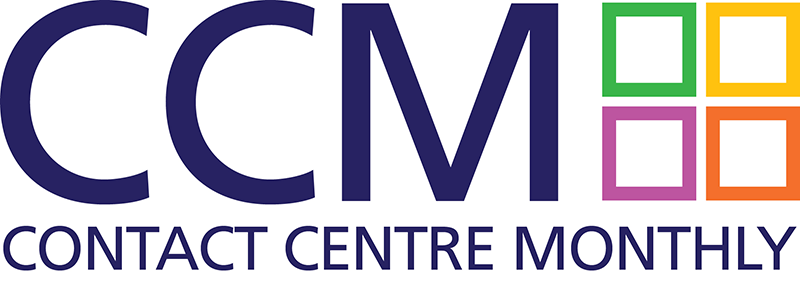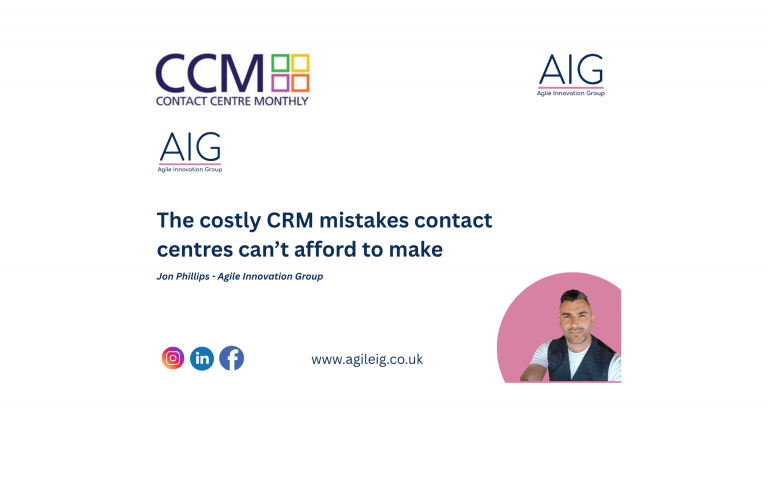Customer Relationship Management (CRM) systems have become the backbone of modern contact centres. When implemented well, they can transform operations, improve first-touch resolution, and give agents real-time insights to deliver better customer service. However, despite their potential, many CRM projects fall short – resulting in wasted budgets, frustrated staff, and underwhelming results.
In some high-profile cases, companies have invested millions of pounds into CRM systems without seeing any tangible benefits. This often happens when the project starts without a clear understanding of requirements or end goals, or when consultants implement a system and then walk away, leaving businesses to untangle the issues later. These scenarios highlight how critical it is to get the foundations right.
Below are the most common CRM integration mistakes that contact centres should avoid.
1. Starting Without Clear Requirements or Goals
A CRM is only as good as the strategy behind it. Too often, organisations invest in systems based on impressive features or market trends without identifying:
- Which processes need improvement?
- What customer pain points should be resolved?
- How success will be measured?
Taking the time to map customer journeys, define measurable goals, and align technology with business needs ensures the CRM delivers real value rather than becoming an expensive database.
2. Overcomplicating the Setup
CRMs are designed to simplify, not complicate. Adding too many custom fields, automations, or integrations can overwhelm teams and slow adoption. A better approach is to start with a streamlined setup focused on critical workflows and build on it as the organisation’s needs evolve.

3. Skipping Proper Training
No matter how powerful the CRM, it won’t succeed if staff aren’t comfortable using it. Rushed rollouts with little or no training are a common issue. Prioritising onboarding, knowledge-sharing, and ongoing support helps agents feel confident and improves system adoption rates.
4. Neglecting Automation Potential
CRM automation tools like triggers, macros, and workflows can dramatically reduce repetitive tasks, improve efficiency, and enhance customer experiences. Underutilising these features means missing out on a major return on investment.
5. Failing to Plan for Long-Term Maintenance
CRM integration isn’t a one-off project. Customer needs evolve, and your CRM should adapt alongside them. Regularly reviewing the system, gathering feedback, and refining processes ensures long-term success.
Our Overview:
The key to successful CRM integration is preparation: knowing your requirements, keeping it simple, training your team, and planning for ongoing optimisation. Companies that overlook these steps risk wasting significant resources and being left with systems that don’t deliver.
Contact centres that take a structured, goal-focused approach can avoid these pitfalls and build a CRM setup that truly supports customer service excellence.
Why Agile Innovation Group is Different
We’ve seen first-hand how organisations can spend too much money on CRM projects that ultimately underdeliver, not because the technology was wrong, but because the integration lacked purpose, clarity, and support.
We take a completely different approach. We don’t just deliver the solution, we deliver outcomes. Our process includes scoping, design, delivery, training, and aftercare as a single, integrated package.
We deploy a dedicated team of specialists, not just one or two consultants. That means faster insights, smarter decisions, and solutions that land quicker and stronger. Our goal is to make sure your CRM delivers measurable value from day one – and continues to evolve with your business.
Our commitment doesn’t end when the system goes live. We stay involved to guide, support, and optimise long after delivery, because that’s how great CRM really works.
Get in Touch
If you’d like to discuss any of the challenges in this article, or even just get some honest advice about your CRM strategy, feel free to reach out to our team.
We’re always happy to share insights and guidance, whether you’re exploring ideas or tackling a complex project.
E: team@agileig.co.uk T: 0333 577 0075



